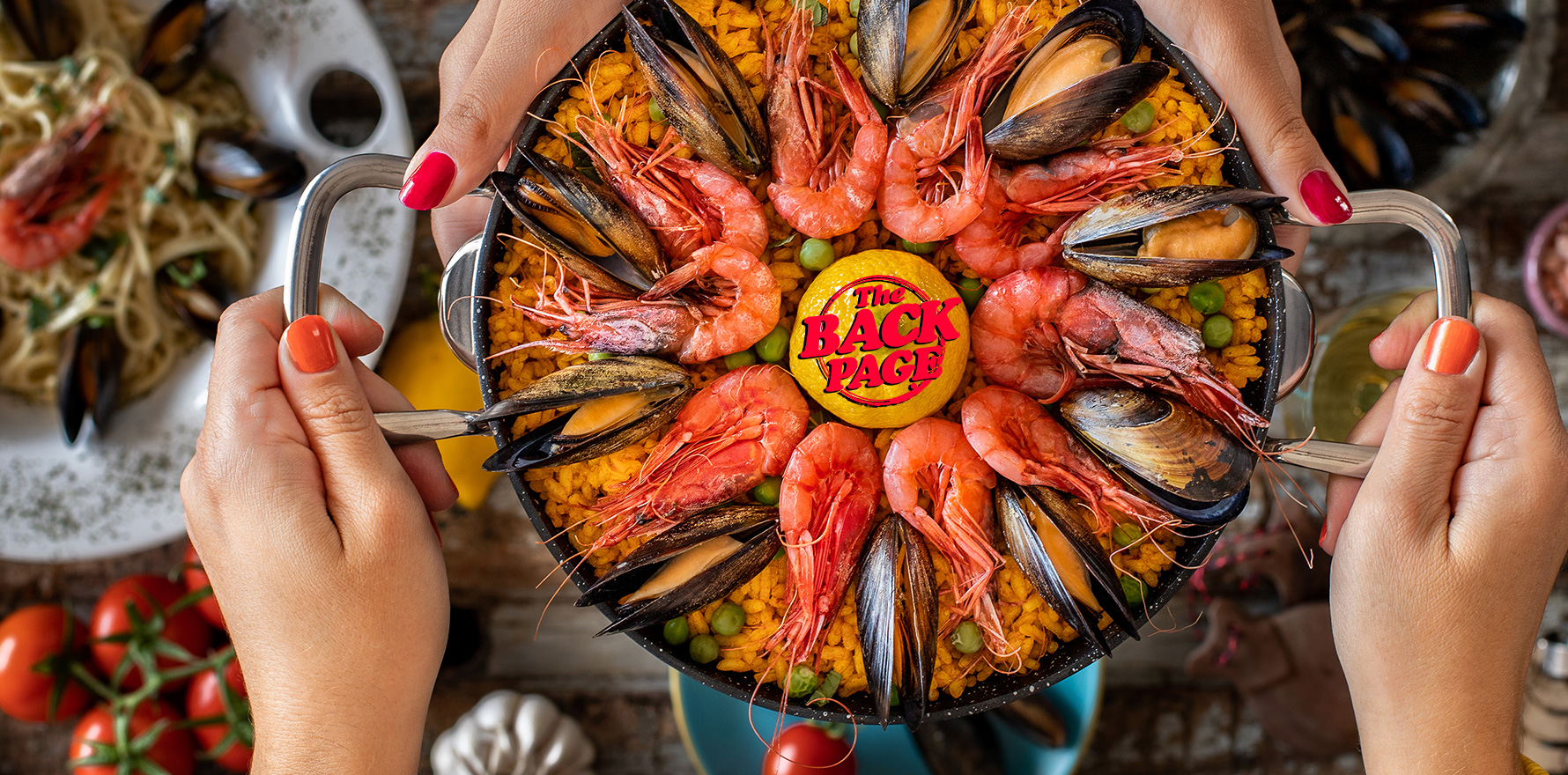Eating late may worsen your cerebrovascular odds.
We all know that shift work can create health havoc for individuals, but what about subtler differences in meal times: is it better to eat like a nanna or a Spaniard?
A large prospective study published last month in Nature, using data from the French Nutri-Net Santé study cohort, has concluded that later meal times put you at greater cardiovascular risk.
The funny thing is that the Nature study is led by a researcher from Barcelona University, Spain, a country as famous for its late meals as for all the stuff with bulls and castanets.
The daily eating/fasting cycle “is a dominant synchroniser of circadian rhythms in peripheral organs including mainly the liver, but also the heart, kidney and pancreas” and helps regulate blood pressure, the authors write. Previous research has found that breakfast is good for cardiometabolic health and skipping it is linked with obesity and diabetes, while late-night eating is associated with obesity, dyslipidaemia and more. Longer fasting overnight seems to be good for cardiovascular health, reducing body weight, inflammation and blood pressure.
But relatively little work has been done to study the effects of actual meal times, they say.
The team worked out the eating times of the more than 103,000 cohort members, including dinner and breakfast times and meal skipping, and looked at who got cerebrovascular and coronary heart diseases.
They excluded those with extremely disrupted rhythms such as night shift workers and controlled for total daily energy intake and healthy diet.
Each hour’s delay in the first and last meal of the day brought a small increase in CVD risk – 13% higher for a dinner after 9pm compared with before 8pm.
Breakfast times weren’t associated with strokes/TIAs, but every hour’s delay to dinner brought an 8% increase in risk, amounting to a 28% greater risk if you ate after 9pm than if you ate before 8pm.
Each additional hour of nighttime fasting was associated with 7% less cerebrovascular risk, but made no difference to CVD.
The picture became sharper when stratified by sex: later meals were worse for women but not so much for men, and women benefited more from longer fasting. That said, 80% of the cohort were women.
Overall there seemed to be a benefit in eating earlier at both ends of the day, particularly at night, to achieve a longer overnight fast.
But where does that leave the Spanish, who eat late in the morning and evening to compensate for their eccentric time zone? Does “late” really mean the same thing for circadian rhythm and diet in this case?
This paper doesn’t go there, unfortunately.
Your Back Page scribe has been to Spain only once and only for a week, and while we can’t wait to return, the time zone was definitely jarring. We’d arrive at the venue for the conference we were covering for this august organ at 8am, in time for the sun’s first rays. Dining out was quite impossible, since jet lag laid us flat by 9pm, when dinner was barely a gleam in most comedores’ eyes.
Spain’s adherence to Central European Time is, of course, the result of a decision by Franco in 1940 to ingratiate himself with Nazi Germany at a time when his own troops were too depleted by the Spanish Civil War to offer anything in the way of military support.
That the population maintains this artefact of fascist suckholery that puts their westernmost citizens in the same time zone as eastern Poland more than 3000km away is a bit strange.
But just as time zone warriors continue to militate against daylight savings here, there are movements afoot in Spain to bring things more into alignment. The Congress of Deputies’ subcomisión para el estudio de la Racionalización de Horarios, la Conciliación de la Vida Personal, Familiar y Laboral y la Corresponsabilidad submitted to the government a decade ago that a return to Greenwich Mean Time would improve productivity, avoid downtime during the day and give people more leisure time with friends, family and other pursuits.
Maybe they can add cardio and cerebrovascular health to their list.
Send timely story tips to penny@medicalrepublic.com.au.


